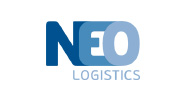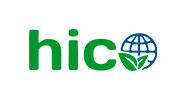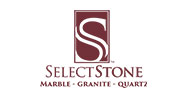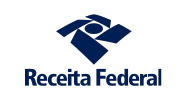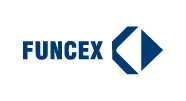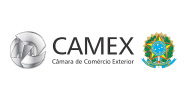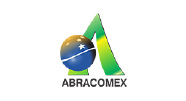Looking for trading opportunities in the international or domestic market?
We provide consulting services in international business, presenting fast solutions and guiding your business safely and competitive.
About Us
Oceania Trading is a Brazilian based commodities trading company where the stakeholder has more than 15 years of experience in importing and exporting. Whether your business trades in grain for stockfeed or exports goods for human consumption, OCEANIA global reach means it can match your needs. Oceania not only trades in quality assured grain, it also sources and sells hardwood, poultry, sugar, coffee, yellow corn, agricultural commodities for use in aquaculture, pet food and animal feed;
Our Business
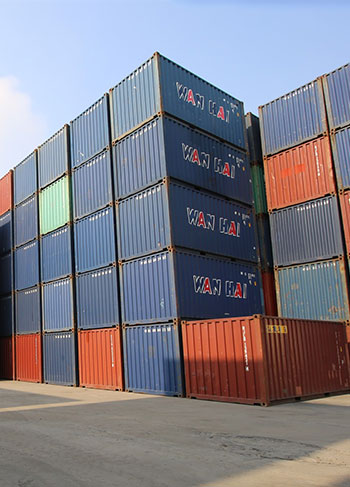
Oceania`s primary business is the trading of grain of soybean and yellow corn for animal feed (livestock mostly) and human consumption. The company also trades extensively in hardwood, poultry, sugar, coffee, agricultural commodities for use in aquaculture. Our over more than a decade of experience in trading within Asia, Europe and North America and can source supplies from overseas for domestic producers.
Our team are experts in analysing raw materials to match needs. If you require a product with particular qualities, for example high-protein soybean or yellow corn, Oceania is able to source the right product at the best price.
Producers who negotiate a market strategy with Oceania can maximize their returns, without compromising their cash flow requirements.
By having access to a wide range of suppliers, Oceania is able to offer you the best possible price of the day.
We provide end-to-end logistical solutions across the entire supply chain. Whether it be a supramax of grain, or a drum of oil, we provide leading logistical expertise.
Our extensive experience in handling various modes of transport and packaging helps us meet your needs efficiently. Our import and export documentation team specializes in various government programs and is empowered to meet the specific demands of the area. Through constant training we are able to provide all operational and bureaucratic support for the international circulation of your product.
For any questions you may have about our Logistics and Documentation business, please contact us.
Oceania trades in quantities ranging from the export of a single container of grain to exporting thousands of tonnes of soybean. This flexibility ensures OT can find specific amounts of commodities at globally competitive prices for importers and secure the best market prices for exporters. Experience in negotiation and own systems to provide the documentation of your cargo. Your team will have quickly prepared documentation to keep your customers satisfied and costs low.
Oceania uses the services of the accredited TOP 50 Banks in the world that can provide security payment to all parts. Oceania following international best practices and aiming to provide greater security regarding the forms of payment used in foreign trade always recommends payments through documentary letters of credit (DLC) or stand by (SBLC) in order to give greater effectiveness to its commercial flow.
Products
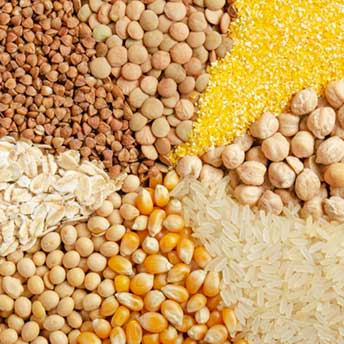
Primary Trading Commodities
- Soybean
- Yellow corn

Specialised Commodities
- Vegetable oils
- Hardwood
- Sugar - Icumsa 45
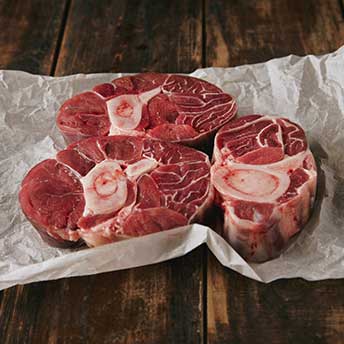
Aquaculture and Pet Food Constituents
- Meat and bone meal
- Poultry meal
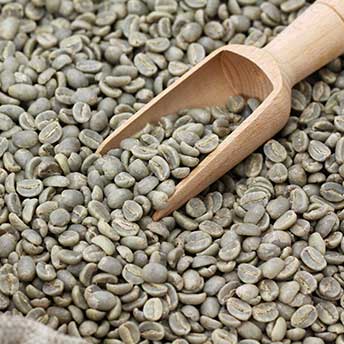
Also Trades Extensively In
- Coffee - green bean coffee, not roasted, not decaffeinated
Export
Exporting is the activity that opens the country to the world. The exporter, in addition to making profits in operations abroad, absorbs technology and achieves greater productivity. In addition, those who work in this area avoid seasonality in internal sales, increasing their customer base, avoiding revenue losses and increasing their profits. Also, its product enjoys more prestige among consumers, enjoying a greater concept in the national market.
There are some ways to proceed with the sale to the foreign market. Thus, it must be decided which sales channel to use, whether the sale will be direct to the importer (direct sales made by the producer to the consumer) or whether it will sell to third parties, commercial exporters or trading companies. In addition, the target market, product promotion strategies and its final price abroad must be defined.
Legal entities and individuals. To process the sale, the first step is to register the company with the REI (Registration of Exporter and Importer). Such registration is done through Siscomex (Integrated Foreign Trade System).
It is a computerized system that links exporters, importers, customs brokers, commissioners, transporters and other entities to DECEX – Department of Foreign Trade Operations, Central Bank and the Internal Revenue Service. Allows you to process the registration of import and export operations. It was implemented in 1993 to streamline and reduce bureaucracy in foreign trade operations in the country.
The exporting company benefits from the non-payment of ICMS, IPI, PIS and COFINS, having to pay only the IOF referring to credit, exchange and insurance operations. In general, the price of the product to be exported can be calculated as follows:
A) Sales price of the product in the domestic market
Minus (-) B) Taxes added to the domestic market price (*ICMS/*PIS/*COFINS…)
Less (-) C) Domestic market expenses (Sales commission, financial expenses…)
More (+) D) Special packaging;
Internal transport and insurance, consular expenses, agent commission;
Financial expenses, credit insurance, expected profit.
Equal (=) SALE PRICE OF THE PRODUCT IN THE EXTERNAL MARKET.
These are international commercial terms used to regulate the relationship between exporter and importer. Although optional in international contracts, incoterms are widely used in international trade, as their rules define conditions regarding the transfer of ownership, additional costs and expenses, as well as the responsibility for the costs of international transport.
Import
As with exports, in order to establish a purchase operation abroad, both natural and legal persons must be registered with the REI (Registration of Exporters and Importers). Individuals can only import products for their personal use, not revealing commercial practice.
The common costs in an import are: international freight and insurance, Import Tax (I.I.), Tax on Industrialized Products (IPI), Tax on the Circulation of Goods and Services (ICMS), customs and bank charges.
At the time of clearance of the goods carried out in the bonded areas.
LI is the authorization given by the government to the importer to proceed with the international purchase operation. It is done through Siscomex and can be automatic or non-automatic. In general, the application for an Import License (LI) precedes the shipment of the goods.
The Commercial Invoice, as it demonstrates all commercial information established in the operation.
Bill of lading; Import Declaration Extract; Commercial invoice; Certificates; Proof of taxes paid; Packing list.
